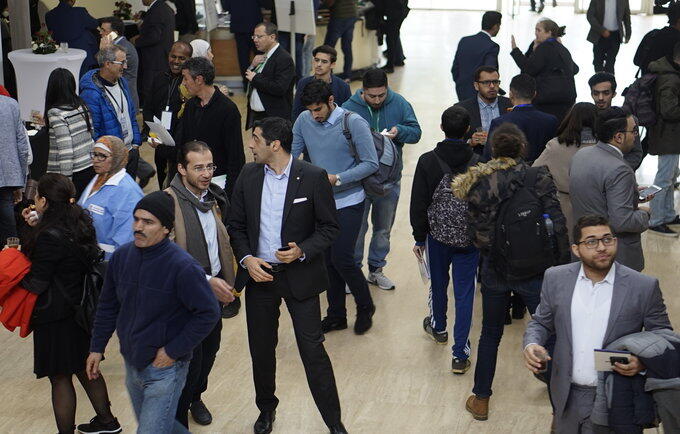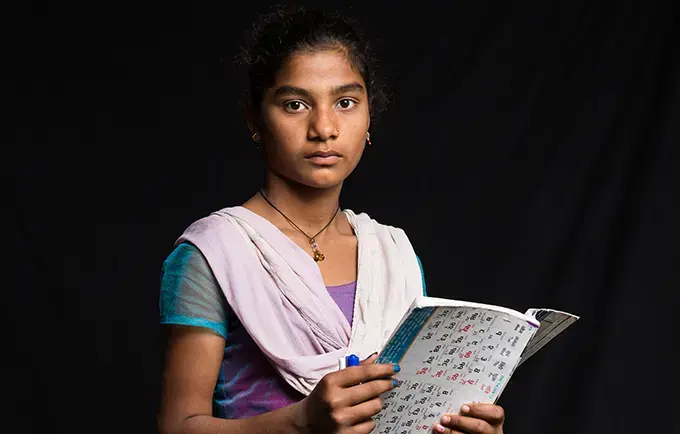The Arab region is young with over half of its population under thirty years of age. A young population is theoretically a golden opportunity to break free from the decades-old shackles of poverty and violence that continue to plague the region. But it is an opportunity that seems to be stifled under the weight of disenfranchisement so great that nearly 30% of young Arabs wish to emigrate, never to come back, according to recent research by the International Labor Organization.[1]
The possibility of a youth-led leap into a better future for the entire region is hindered by bleak challenges. The rate of unemployment among youth is the highest in the world at almost 30%. The region needs to create more than 60 million new jobs in the next decade to absorb the new young workforce entrants. The rate of unemployment is much higher among women, nearing 44%.[2] Conflicts and displacement affect large youth populations and peacebuilding processes continue to sideline their voices, with formal routes occupied by traditional and much older crowds. It comes as no surprise that the rate of the Arab region’s youth’s formal political participation is the lowest in the world.[3]
© UNFPA-ASRO
In December 2018, UNFPA, the United Nations agency for sexual and reproductive health, took a preliminary step to address these trends with its first Arab Youth Forum. The forum was designed as a safe space and a platform where young women and men can provide their own innovative solutions to the problems that they themselves have identified as most pressing. This new approach aims at changing the narrative from “youth empowerment” to “following their lead” with the belief that it is not power that they lack, but the platforms to channel their power into policies, actions and change. Instead of lamenting over youth’s perceived lack of participation, the forum aspired to celebrate and humbly learn from the spaces they tenaciously carve out for themselves against the odds of crippling political and economic turbulence.
“Reports about the status of the region’s youth from ten and fifteen years ago depict a similar image to the one we are witnessing today. In spite of the efforts and the growing attention given to youth issues in Arab states, the unchanged situation is clear evidence that the current approach is not working,” commented Khaled Louhichi, an expert participant in the Forum and the former director of the League of Arab State’s Population Policy Department.
Reflecting on the many regional and national youth forums, youth councils and youth strategies, Louhichi noted that involving the youth is no longer enough. He stressed that policies that enforce youth quotas in decision-making bodies and prioritize their access to quality education and healthcare are key to any meaningful change. Most importantly, a vibrant, free and independent civil society must be allowed to lead the way.
“The Arab Youth Forum was not intended to be just another picture-perfect conference. It is a mission, an initiation of new ways of working with and for youth out of a conscious belief that youth’s leadership is essential for equitable population policies, for the realization of gender equality in the region, and for fulfilling the promises of development,” said Luay Shabaneh, the Regional Director for UNFPA.




